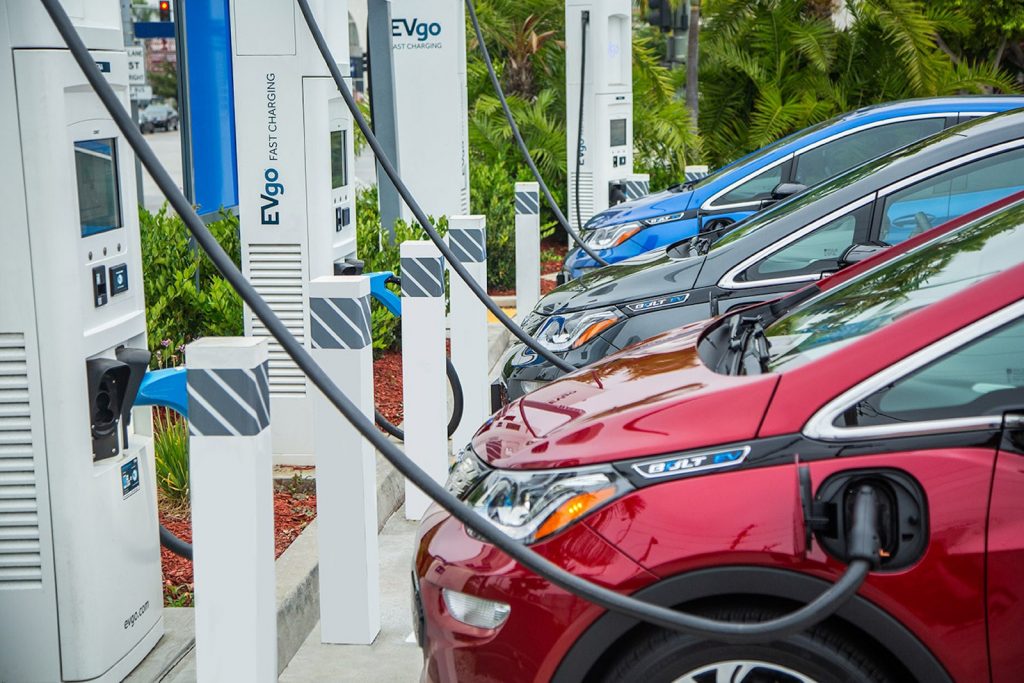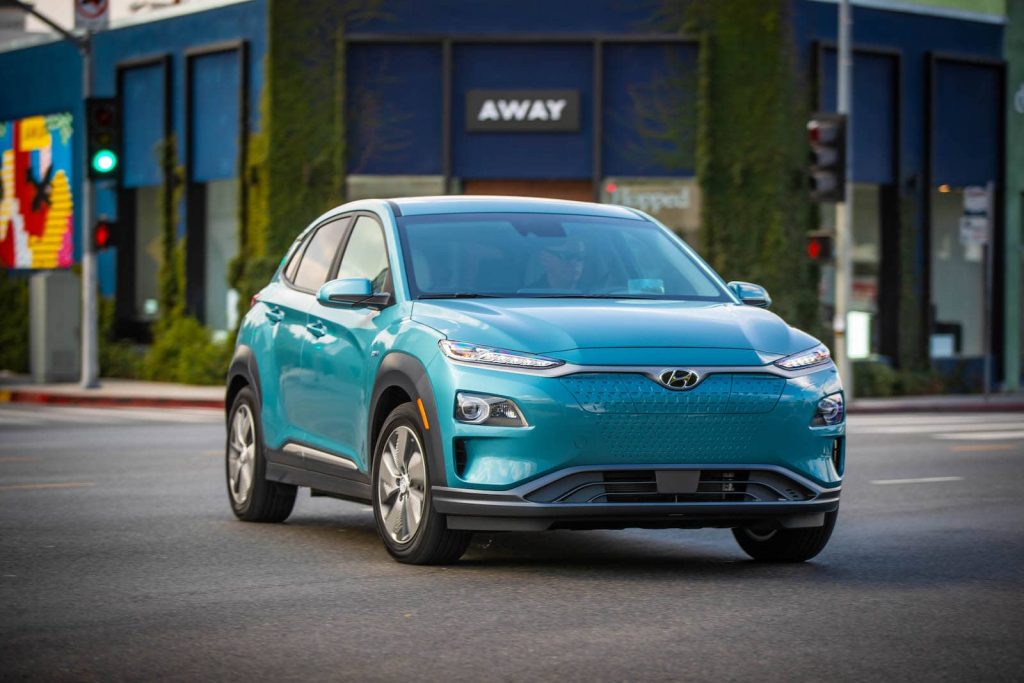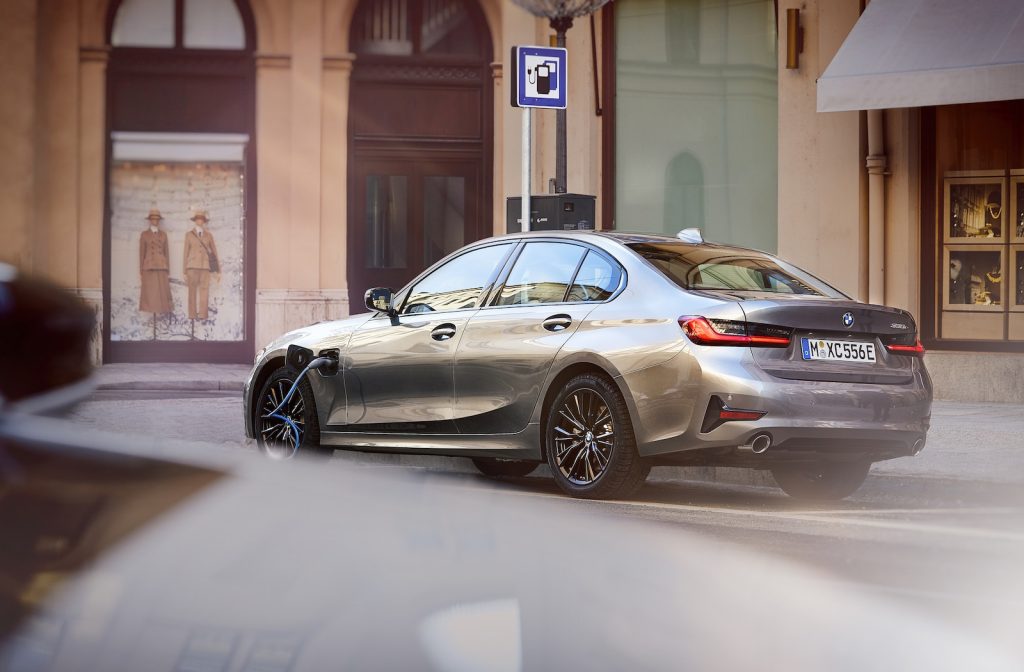
General Motors and the National Highway Traffic Safety Administration are urging owners of previously recalled 2017-19 Chevrolet Bolt electric vehicles to once again park their cars outside and away from houses after two recalled and repaired cars caught fire.
The company hasn’t said what sparked the fires. NHTSA says the recall involves the high-voltage battery pack underneath the backseat cushion. The packs can potentially smoke and ignite, spreading to the rest of the vehicle.
The company issued the latest advisory “out of an abundance of caution,” instructing Chevrolet Bolt owners to park their vehicles outdoors immediately after charging and not leave their vehicles charging overnight.
Despite the recommendation, GM says customers should continue to getting their Bolts fixed under the recall while they continue investigating the incidents. The fix limits the battery pack’s charging capacity to 90% until a permanent solution is determined. The batteries were manufactured at LG Chem’s Ochang, South Korea factory.
A continuing problem for Chevrolet

NHTSA opened an investigation into Chevrolet Bolt fires last October, which was followed by a recall in November. The action affected 69,000 Bolts from the 2017-2019 model years, approximately 51,000 of which were sold in the U.S. The company said at the time that Bolt, resulting in two injuries from smoke inhalation. The fix limits the battery pack’s charging capacity to 90% until a permanent fix is determined. The batteries were manufactured at LG Chem’s Ochang, South Korea factory.
Owners of Chevrolet Bolts, or any GM vehicle can see of their car, truck or SUV is being recalled by visiting a special GM website and entering their vehicle’s Vehicle Identification Number, or VIN.
Lithium Ion batteries trial by fire

But GM isn’t the only automaker facing lithium ion battery fires. Hyundai Motor Co., Ford Motor Co. and BMW AG have faced similar recalls in recent months.
In February, Hyundai recalled 82,000 battery-electric vehicles worldwide for lithium ion batteries that could catch fire. Vehicles affected include approximately 76,000 battery-electric Hyundai Kona EVs built between 2018 and 2020, with the rest consisting of Hyundai Ioniqs and city buses. Hyundai replaced the batteries rather than resolving the issue through software updates. The recall, which cost Hyundai $900 million, comes after at least 15 Konas reportedly caught fire.
LG Chem, which produces the cells, claims the automaker incorrectly applied recommendations about fast battery charging management. Hyundai advised vehicle owners to limit charging to 90% of the battery capacity until the cells can be replaced. Nevertheless, the battery supplier assumed 70% of the recall cost.

BMW issued a recall in September of its plug-in hybrid models after they were found to be at a risk for catching fire. The car’s batteries, made by Samsung, had welding debris left inside the pack that could create a short between modules. The recall covered 4,509 plug-in hybrid BMW or Mini vehicles in the U.S., and 26,900 vehicles worldwide.
Vehicles recalled include: the 2021 BMW X5 xDrive 45e; 2021 BMW 745Le xDrive; 2020-21 BMW 530e, 530e xDrive, 530e iPerformance; 2020-21 Mini Cooper Countryman All4 SE; 2020-21 BMW X3 xDrive30e; 2021 BMW 330e, 330e xDrive; and 2020 BMW i8.
The growing number of fire-related recalls in battery electric vehicles illustrates the challenges involved with managing flammable lithium-ion batteries that have previously caused fires in laptops, tablets and other electric devices.